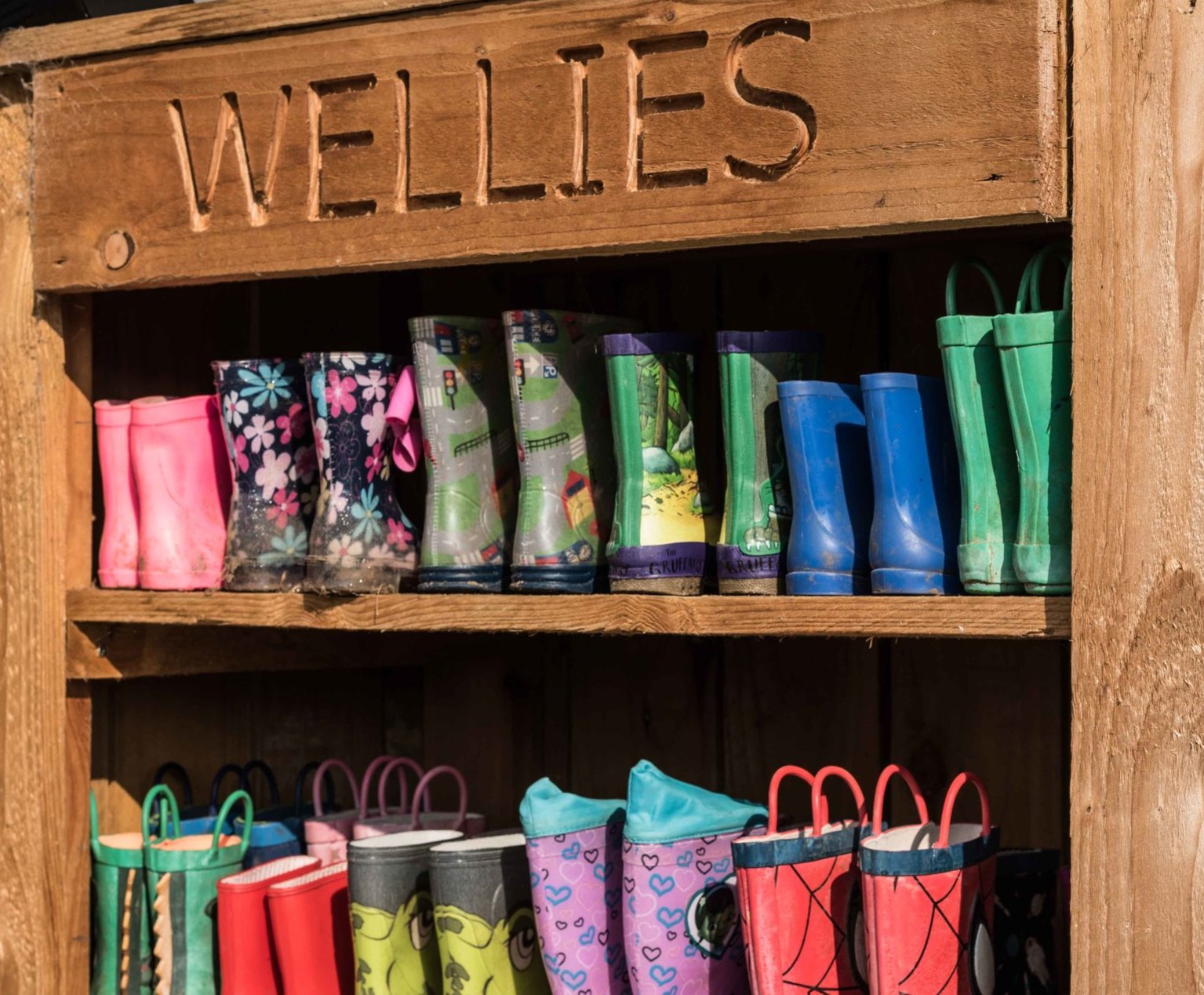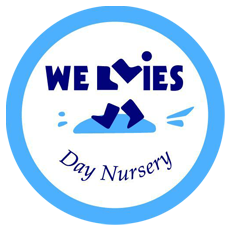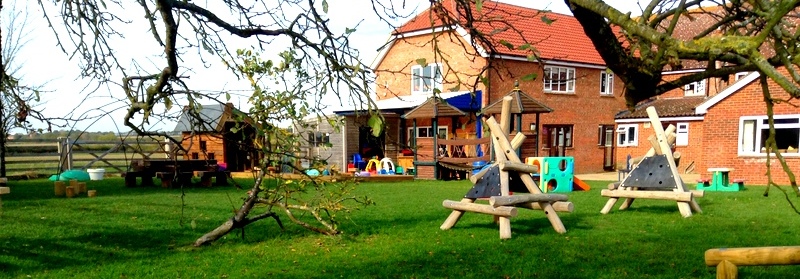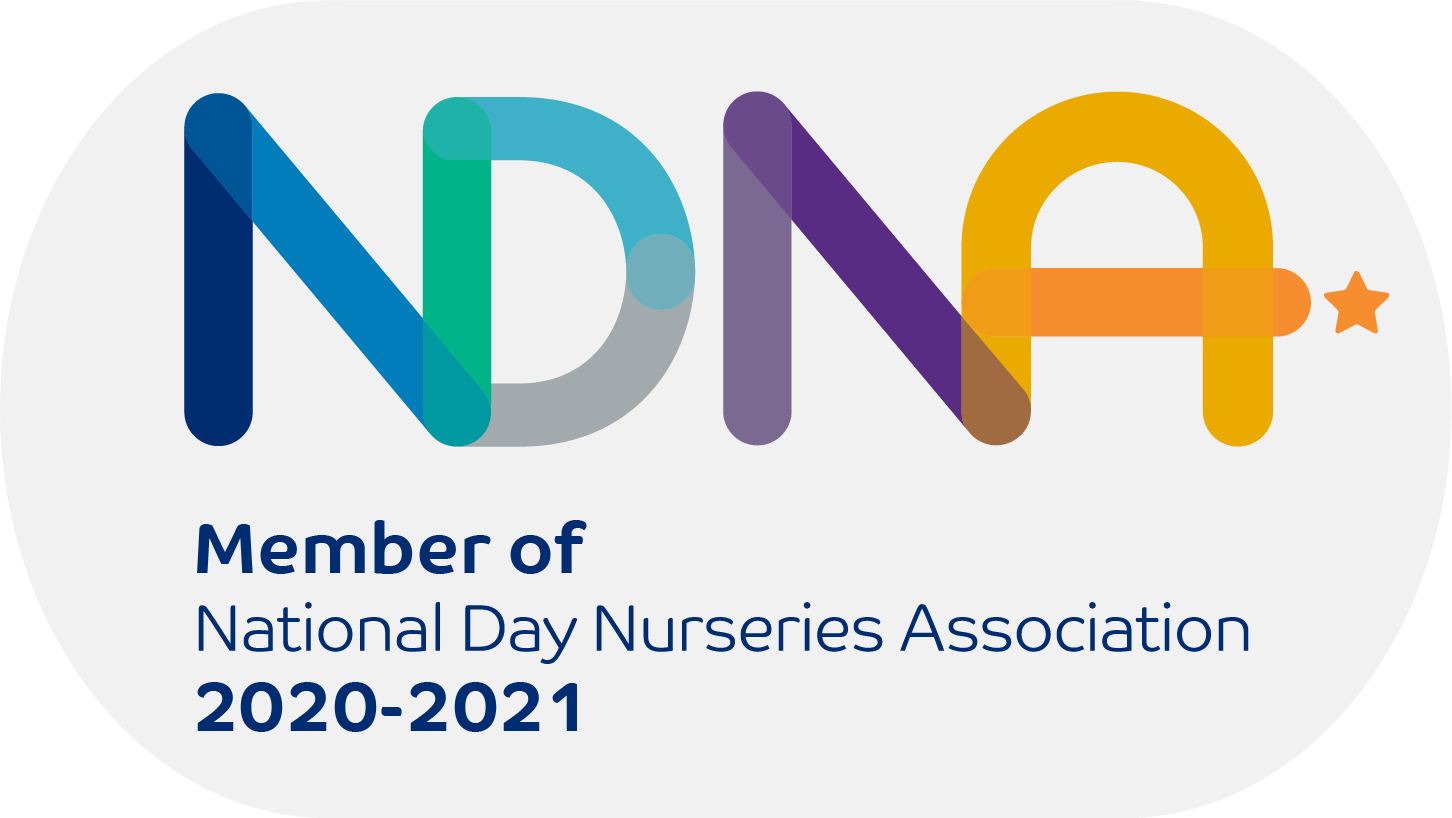Top Tips for Those Tricky Transitions
Posted on 19th April 2022 at 12:34
Change can be confusing and overwhelming for us grown-ups but at least we have the context behind it. When it comes to our little ones, they go through lots of changes but don’t always know why.
This can be a tough time for them and us, here are some top tips on the trickiest transitions.

Potty Training
Firstly, remember that each child is different. So, if your eldest was out of nappies at 18 months but your 20-month-old isn’t ready yet, don’t panic. Ensure your little one is drinking plenty of fluids. It’s important for them to stay hydrated and this keeps their bladder and bowel healthy. Don’t try to reduce water intake to reduce the number of accidents, this doesn’t work and can lead to health problems. Let your child choose their favourite potty from the shop as they will be more likely to enjoy using it. We recommend incorporating a “toilet time” into their routine. Due to the fact that your child may not yet know what it feels like when they need the toilet, there is no use in asking them if they need to go. Simply tell them it’s time for the toilet and allow them to spend a couple of minutes on the potty and hopefully they’ll produce the goods!
Weaning
You know your little one is ready to start on solid food when they can stay in a sitting position and can co-ordinate their hands, eyes and mouth meaning they can pick up the food and put it in their mouth on their own. They should also be able to swallow this food instead of just spitting it out. Start off with fruits and vegetables and in a range of ways such as mashed, pureed or blended. Cooking food will make it softer and, therefore, easier for your child to eat. You should also begin introducing foods that can trigger an allergic reaction later in life. In small quantities, try them with dairy, eggs, gluten products, nuts, peanuts, fish and shellfish. If tolerated, this can reduce the chances of them being allergic to these foods when they’re older.


Sleep
This word might be slightly alien to you now if you have young children but it’s important for you and them to get a good night’s sleep. Setting up a bedtime routine goes a long way in preparing your little one for bed and making them feel sleepy. Try a few things and find what works for you. Common routines include a bath, a story and bed. This includes regular sleep and wake up times. Try to keep these withing 1-2 hours of a set time to incorporate a routine. Relaxing before bedtime can help them wind down and reduce their energy levels. Make sure your child feels safe at night as this will help them drift off easier. If they’re scared of the dark, we suggest using a night light.
As always at Wellies, we’re here to support you and your family as you grow and develop together. If you’re ever in need of further tips and advice or you need us to help you in any way, please don’t hesitate to ask. We only want the best for you and your little one!
Tagged as: child's quality sleep, Child's sleep routine, Potty Training, Transitions in children, Weaning
Share this post:







